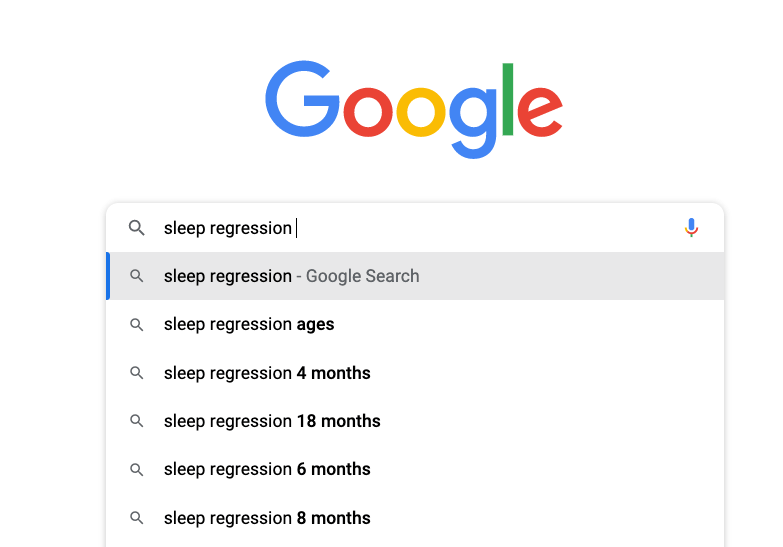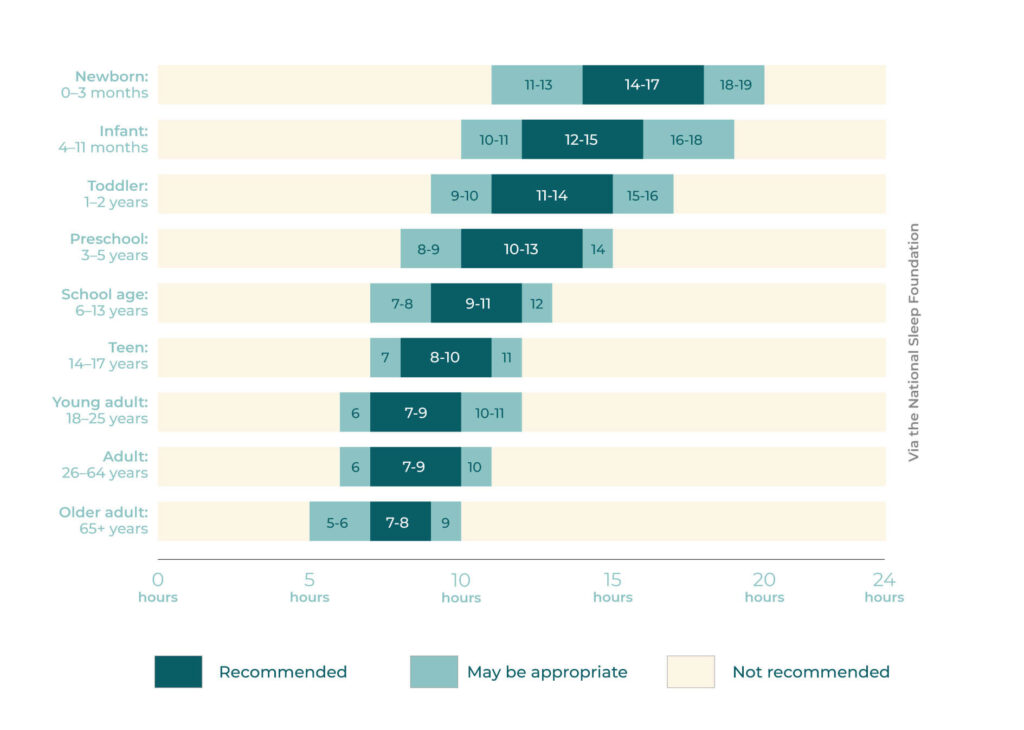In my paediatric practice, I commonly see the perfectly happy, settled baby who is sleeping beautifully overnight – but then reaches 4 months of age and the wheels seem to fall off.
Some speak of the 4-month sleep regression, like it’s some cruel rite of passage that all parents must simply endure.
The truth is – there is no such thing as a 4-month sleep regression.
It infuriates me when parents are advised that this is a real thing, this deterioration of the feed/sleep routine you’ve worked so tirelessly to achieve.
There is absolutely no necessity for babies to become unsettled at 4 months of age and there is definitely no developmental ‘leap’ that explains this collapsing of a beautiful overnight routine (see my critique of The Wonder Weeks).
4 months is a beautiful age – it’s one of my favourite developmental stages – where babies begin to babble with early verbal communication, they respond excitedly to play and they reach out to touch your face or grab at toys.
When you understand the changes happening at this age – you get a clearer idea of how to manage things properly. A few small changes will move you one step closer to having your baby truly sleep through the night, from 7pm to 7am.
That doesn’t sound like regression to me!
4 months signifies major developmental changes. Sleep cycles change here, becoming more adult-like, with less time in deep, REM-sleep and more time in light sleep. This coincides with a really big growth spurt, both physically and cognitively.
With a growing body and growing mind, babies become far more alert to their surroundings. So babies might get bored with feeding after 10 minutes, they might start to dislike being placed backwards in a car-seat or stroller, they may even start to talk to themselves or play with their hands when they were previously sleeping soundly. Don’t be disheartened by these changes – they represent brilliant developmental progression.
The exact opposite of regression; these changes should be celebrated.
But to do all this new stuff, your baby is going to require a lot more energy.
The only way to get more energy is to eat more food, to take in more calories.
The amount of energy a baby can get from milk every feed is limited by the size of their stomach, meaning the only way to give them more energy through milk is to add another feed, and the only time available to do this is overnight.
Introducing solids around the four-month mark has a number of benefits.
- Firstly, it can take several weeks of practice before your baby is confidently taking decent volumes of solids at each meal, meaning it could be a while before they’re taking in enough calories to provide adequate energy to last the night.
- Secondly – international allergy guidelines point to strong evidence that we can reduce the lifetime risk of allergies by introducing common allergens (triggers) in a window between 4 to 6 months. Delaying solids has the potential to increase the chances of having allergies to things like nuts, eggs or fish.
You’ll know it’s time to start introducing solids foods because your baby will start to tell you… Things to look out for include:
- more head control,
- increased saliva production (drooling),
- better oro-motor co-ordination (lessening of newborn tongue-thrust),
- relaxing of the gag reflex,
- tracking of your mouth when you eat solids in front of them
- and the fine and gross motor skills of bringing objects across their midline and toward their mouth.
Remember at this age solids should add to – not replace – milk feeds. Breastmilk, formula, or a mix of the two are still the primary source of nutrition for your baby.
Learn more about the Dr Golly Philosophy here.
Shop the Dr Golly age appropriate routines here.


